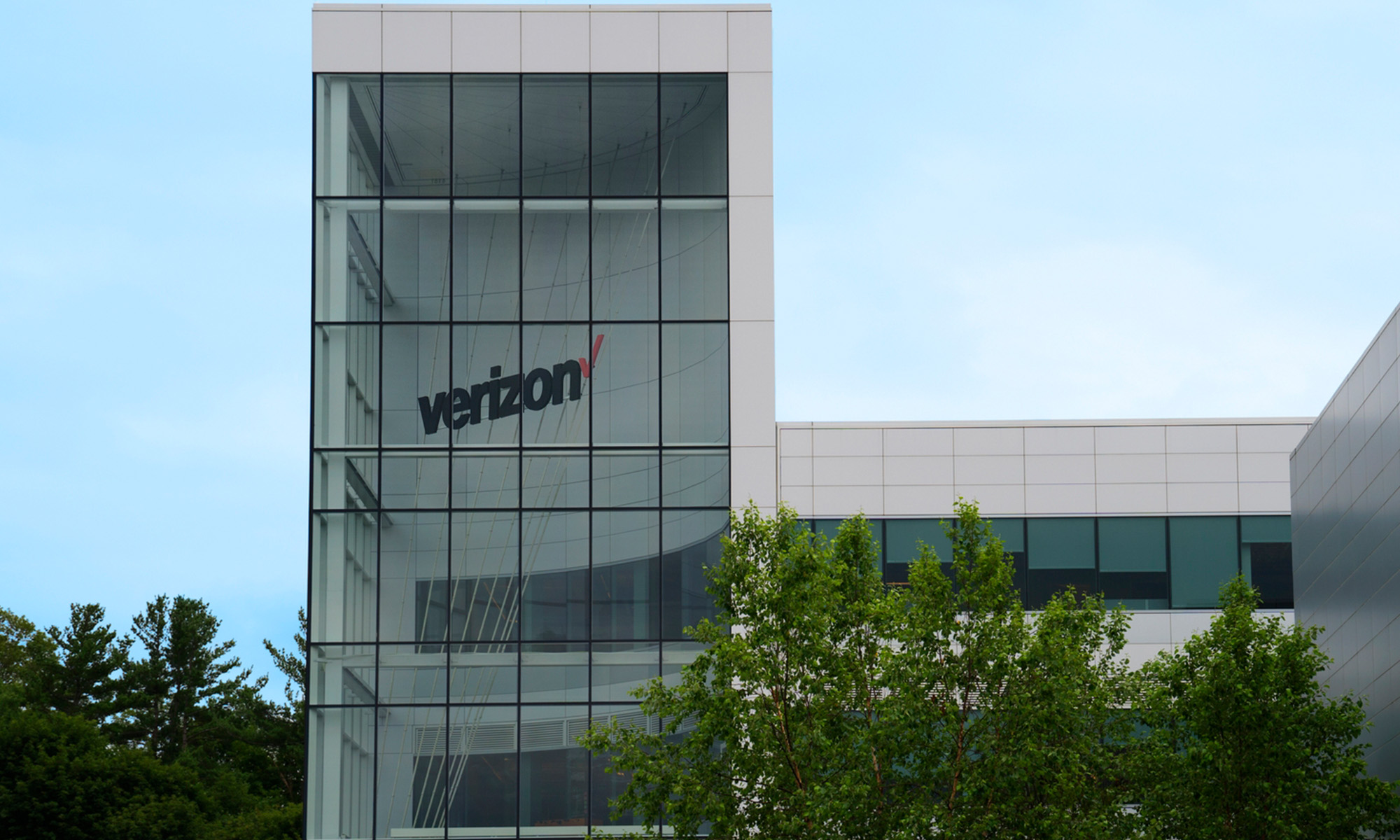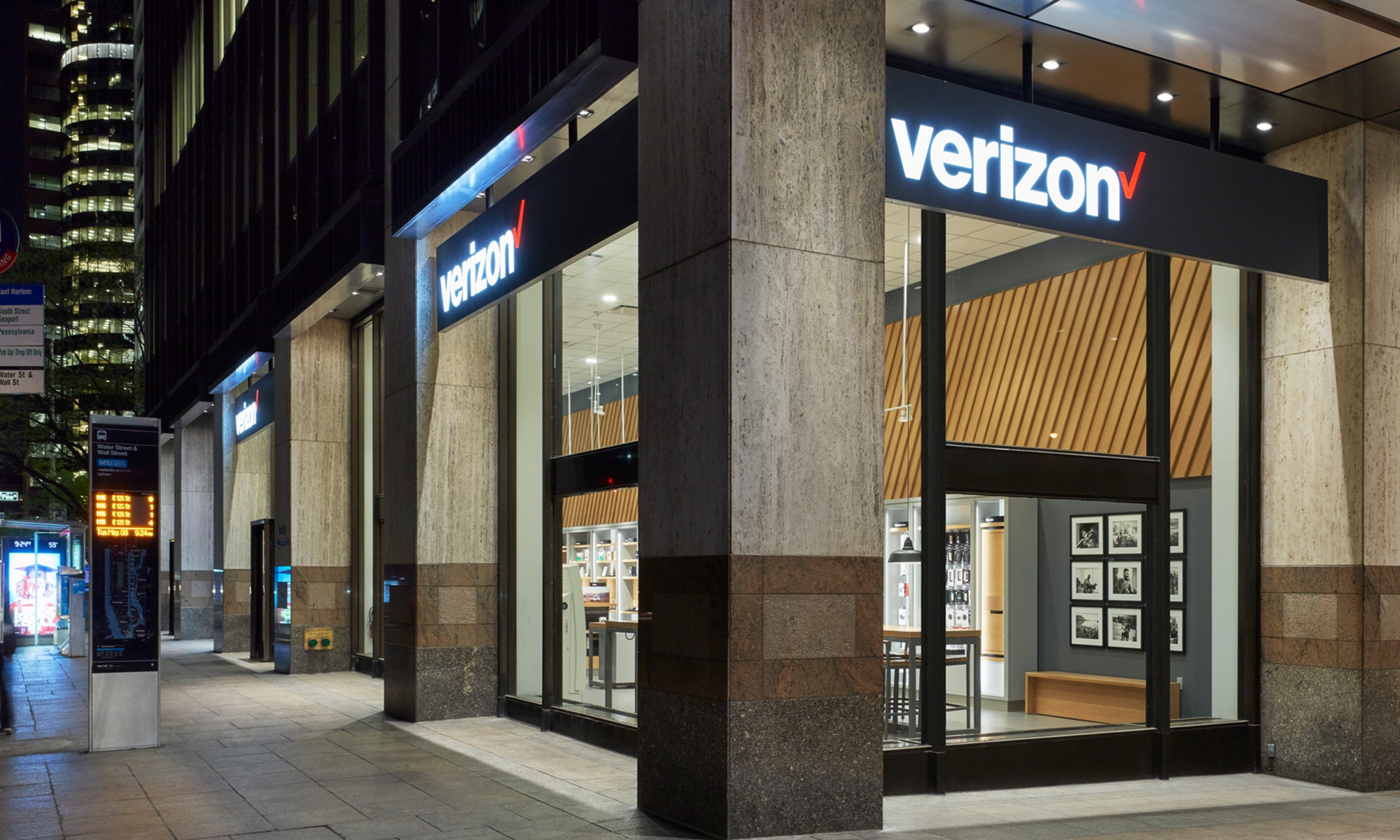In most industries, there isn't one clear leader. However, in the telecommunications business, Verizon (VZ 0.15%) is killing the competition. Some of the company's rivals might have higher yields, but by almost every other measure, Verizon is in a class of its own. If you don't already have Verizon on your personal watchlist, add it right now.
Start with the obvious
Verizon looks like a buy because of the company's relatively strong revenue growth. Most investors don't get excited about annual revenue growth better than 4%. However, in the telecom business, this result from Verizon was particularly strong. In the same time frame, AT&T (T +0.72%) grew revenue by just over 2% and CenturyLink (CTL +0.26%) reported a revenue decline of roughly 1%.
The second reason investors should consider buying Verizon is the fact that the company's top-line growth led to EPS growth as well. With adjusted EPS up more than 20%, it's like Verizon is operating in a different industry than the other two companies. While AT&T increased EPS annually by more than 6%, CenturyLink saw a decline of almost 8%.
A third vote of confidence for the stock: Analysts expect Verizon to continue beating its competition in terms of future earnings growth. In the next five years, the average analyst expects better than 10% annual EPS growth. Since AT&T is expected to grow earnings by just over 6%, and CenturyLink's growth is pegged at just over 1%, it seems clear that Verizon will continue crushing the competition in the next few years.
Free cash flow
While earnings growth can sometimes be manipulated by one-time items, it's harder to manipulate free cash flow. To get an apples-to-apples comparison of companies in the same industry, it makes sense to use core free cash flow. Core free cash flow is simply net income, plus depreciation, minus capital expenditures. By using this measure, and then comparing it to the company's sales, we arrive at free cash flow per dollar of sales.
In theory, the company with more free cash flow should be able to reward shareholders with better share repurchases and dividends in the future. This measure of cash flow efficiency helps to separate the contenders from the pretenders.
The fourth reason to buy Verizon is the company generated $0.18 of core free cash flow from each dollar of sales. By comparison, CenturyLink managed $0.14 during this same timeframe, while AT&T produced $0.10. With such a dominant performance, it's hard to argue that Verizon is a compelling stock to buy.
Growing faster, paying less
Though Verizon is generating more free cash flow per dollar of sales, this might not matter if the company's cash flow isn't growing. Luckily for Verizon shareholders, not only is the company growing its cash flow, but by this measure, Verizon comes out on top again.
The final argument for Verizon's stock: Looking at core operating cash flow (net income plus depreciation), Verizon reported a 13% annual increase over the last nine months. To say this was a dominant performance is an understatement, as AT&T only increased its cash flow by about 2%, and CenturyLink witnessed a decline of 3%.
Combining growing operating cash flow and strong free cash flow generation results in a relatively low free cash flow payout ratio. Over the last nine months, Verizon used just over 27% of its core free cash flow on dividend payments. Considering that CenturyLink used 51% of its free cash flow, and AT&T used more than 75%, the case to buy Verizon looks even stronger.
Buy Big Red to generate big green
No matter how you look at it, Verizon is doing better than its peers. Though the company's yield is just over 4%, compared to 5% at AT&T and CenturyLink at about 7%, this yield will almost certainly climb.
Whether you are looking for strong revenue growth, earnings growth, or cash flow growth, Verizon has it all. Some industries don't have a clear leader, but in the telecom business, Verizon looks like the best game in town. Smart investors should look to pick up shares of Big Red if they want to generate big green in the future.








